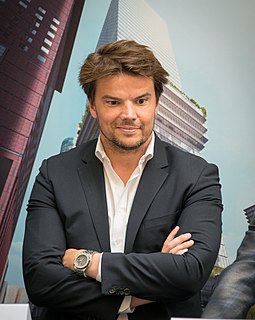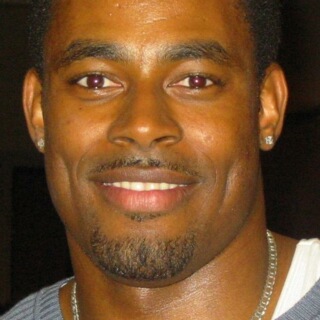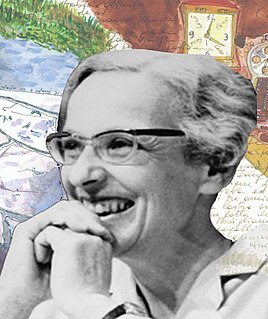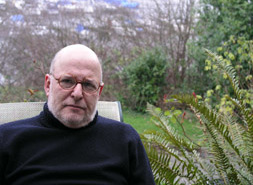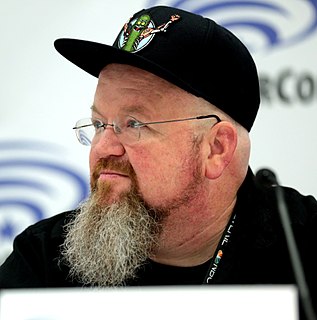A Quote by Bjarke Ingels
People outside the profession of architecture perhaps often lack the understanding of how their physical environment comes into being. What are the processes, the concerns and considerations? What are the parameters that shape the world around them?
Related Quotes
The Zhuangzi is very good on telling us how the nonhuman-made world can enter into who we are more deeply than at the level of answering to our current interests. If the environment can shape who we are, it can shape our very interests, leading us to recognize things, events, and processes that are of genuine value and that we have not previously recognized as such.
I find it weird that people who claim to speak for the prisoners basically want to keep them in cages all the time - and then they'll fight for better prison libraries or whatever. It's like they're missing the big picture. If I were in prison, of course I would prefer to be outside doing physical labour. It's not physical labour but prison life that kills a person. It's so bad inside that the outside jobs are often sought after. So, yeah, call them work crews and let them do it. At the same time the retributive side can feel the cons are being punished.
From early childhood, I was interested in understanding how the world worked, and assumed I would be some kind of physical scientist or chemist. But the truth was, I didn't know there was another kind of world, the inner world, that was just as interesting, if not more relevant, than what was going on in the outside world.
One of the factors that make great companies so great is that they have processes that allow them to solve difficult problems again and again. These processes have developed over time as teams have successfully wrestled with a certain type of challenge. Eventually, people begin to say, "This is just how we do something around here." The problem develops when that team then has to solve a very different set of challenges. The processes that are such strengths can be crushing liabilities.
I suspect that many of us, if given the chance to make one person in our lives love us more, would have no trouble in choosing where to point a finger. We are all needy, all vulnerable, all terrified that perhaps that person has an excellent reason to withhold affection. We shape our purposes to make ourselves worthy and often do not see until much later how it was love-or perhaps the lack of it-that both picked us up and dropped us off at crossroads.
Realize that your physical experience and environment is the materialization of your beliefs. If you find great exuberance, health, effective work, abundance, smiles on the faces of those who you meet, then take it for granted that your beliefs are beneficial. If you see a world that is good, people like you, take it for granted again, that your beliefs are beneficial. But if you find poor health, a lack of meaningful work, a lack of abundance, a world of sorrow and evil, then assume your beliefs are faulty and begin examining them.
